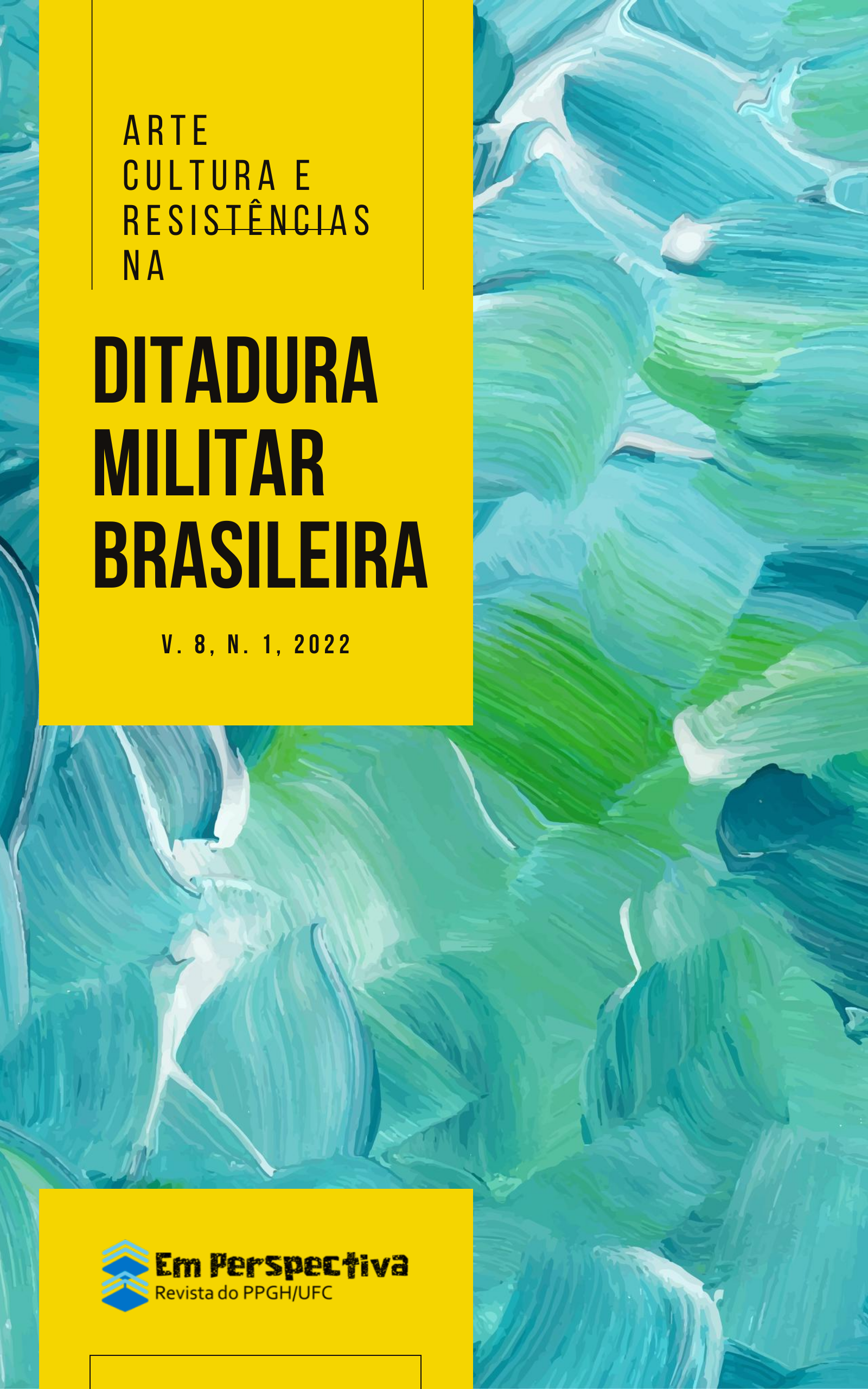Zicartola
cultural sociability and social resistance (1964-1965)
Keywords:
Keywords: Zicartola. Cultural sociability. Political resistance., Zicartola, Cultural sociability, Political resistanceAbstract
The 1960s, in Brazil, were marked by the emergence of countless artistic groups that played an important role in the cultural transformation of the country, developing an action of resistance during the military dictatorship. In the last few decades, the specialized historiography has searched to understand the social networks and social bounds that formed these groups and partnerships, researching the spaces of these interactions and its relation with the cultural and political broad context. Following this premise, this article seeks to analyse the Zicartola, a bar and restaurant of samba that worked until 1965 in Rio de Janeiro´s downtown, as a point of meeting between students, samba players, playwrights and journalists. In the historical sources, we find that it was an important place for the formation of groups such as the Rosa de Ouro, Opinião, Voz do Morro, and others, and it was also a place of political debates and student association meetings. In a perspective of dialogue between history and sociology, this research seeks to understand the relations of interchange and resistance that happened in Zicartola, relating the space to the military dictatorship context, observing its interaction, at the same, with the mutations of the samba world and the political and social cleavages that the country was passing throw, emphasizing the place of samba in the cultural riots of the period
Keywords: Zicartola. Cultural sociability. Political resistance.
Downloads
Published
How to Cite
Issue
Section
License
Copyright (c) 2021 Daniel Bosi

This work is licensed under a Creative Commons Attribution-NonCommercial-NoDerivatives 4.0 International License.


1.png)

.png)
2.png)
.png)


.png)


.png)
1.png)
2.png)
